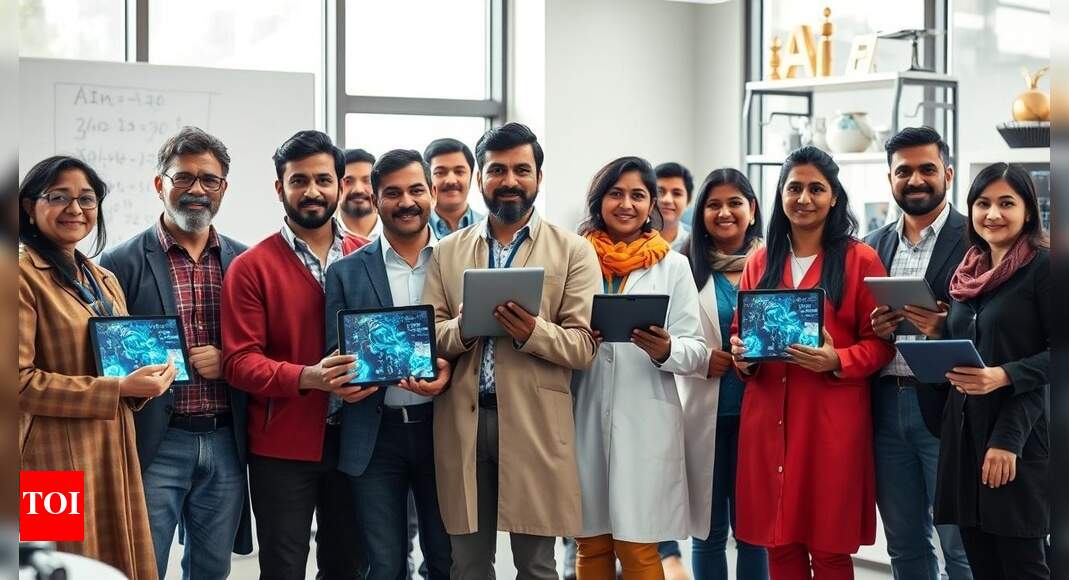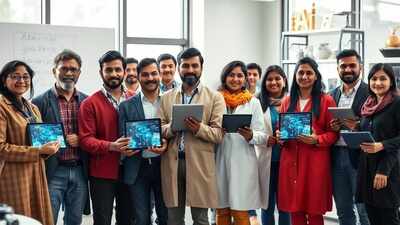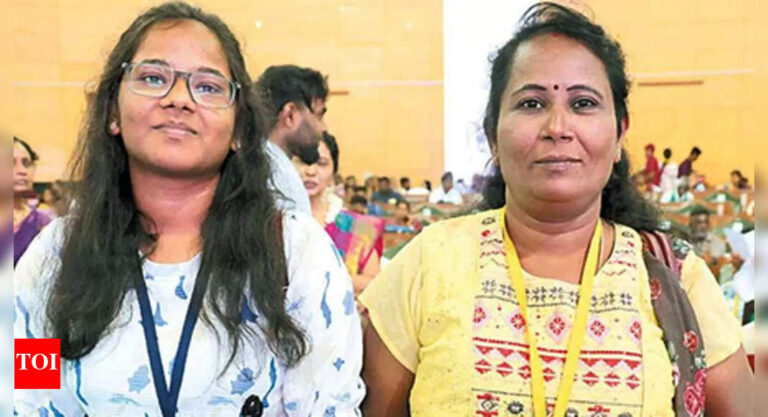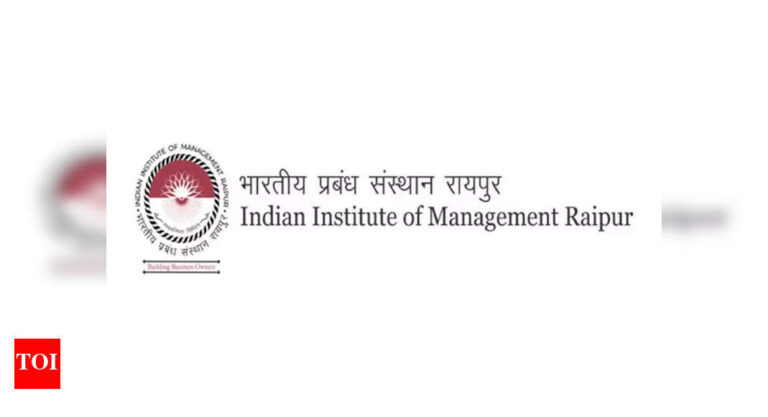
In the dynamic field of artificial intelligence, researchers of Indian origin have played a central role in shaping some of the most impactful innovations of the past two decades. Their contributions range from foundational advances in machine learning and computational theory to breakthroughs in natural language processing and computer vision. These scholars’ academic journeys reflect a deep integration across premier institutions in India, the UK, and the US, underscoring the global nature of AI research.Eight Indian-origin researchers who have worked or are currently working in the US are highlighted below, focusing on where they studied and their key academic contributions.Ashish VaswaniAshish Vaswani was born in India and completed his undergraduate studies at BIT Mesra. He received his PhD from the University of Southern California in 2014. Vaswani is best known as the lead author of the landmark paper “Attention Is All You Need,” which introduced the Transformer architecture—now a fundamental component of modern AI systems, including large language models like GPT. His work has had a profound impact on the field of natural language processing.Jitendra MalikJitendra Malik (born 1960) was born in India and completed his undergraduate degree in electrical engineering from the Indian Institute of Technology (IIT) Kanpur. He went on to earn his PhD at Stanford University in 1985. Malik is a professor at the University of California, Berkeley, and a renowned figure in computer vision. His work on image segmentation, object recognition, and deep visual understanding has helped define the field over several decades.Anima AnandkumarAnima Anandkumar was born in Mysore, India, and completed her undergraduate studies at IIT Madras. She later earned her PhD in electrical engineering and computer science in the US. Anandkumar is the Bren Professor of Computing at Caltech and former Director of AI Research at NVIDIA. Her contributions include work on tensor decomposition, deep learning architectures, and climate-focused AI models like FourCastNet. She is also an advocate for diversity and ethical AI.Vasant HonavarVasant G. Honavar was born in India and earned his undergraduate degree from BMS College of Engineering, Bangalore University. He pursued his MS in electrical and computer engineering at Drexel University and completed his PhD in computer science at the University of Wisconsin–Madison. Honavar is currently a professor at Penn State University. His research spans machine learning, bioinformatics, and causal inference, with a focus on the integration of AI and data science across disciplines.Trapit BansalTrapit Bansal completed his undergraduate education in mathematics and scientific computing at IIT Kanpur. He earned his PhD in computer science from the University of Massachusetts Amherst. Bansal has contributed to advances in reinforcement learning and chain-of-thought reasoning in large language models. He recently joined Meta’s Superintelligence Lab, where he works on state-of-the-art AI systems and their alignment.Sanjeev AroraSanjeev Arora (born 1968) was born in India and received his PhD in computer science from the University of California, Berkeley, in 1994 under the supervision of Umesh Vazirani. He is a professor at Princeton University and leads the Princeton Language and Intelligence Initiative. Arora’s research spans approximation algorithms, learning theory, and computational complexity. He is especially known for his work on the PCP theorem and has been awarded the Gödel Prize twice for foundational contributions to theoretical computer science.Eshan ChattopadhyayEshan Chattopadhyay is an Indian-origin computer scientist who earned his PhD from the University of Texas at Austin under the guidance of David Zuckerman. He is currently an associate professor at Cornell University. In 2025, he was awarded the prestigious Gödel Prize for constructing a two-source randomness extractor that works even with weak randomness—a breakthrough in theoretical computer science that has implications for secure AI computation and learning algorithms.Deepak PathakDeepak Pathak completed his undergraduate degree at IIT Kanpur before moving to Carnegie Mellon University for graduate studies. He is currently an assistant professor at CMU and co-founder of Skild AI, a robotics company. His research focuses on embodied intelligence, self-supervised learning, and enabling AI agents to interact meaningfully with the physical world. His work bridges the gap between machine learning and real-world robotics.TOI Education is on WhatsApp now. Follow us here.








